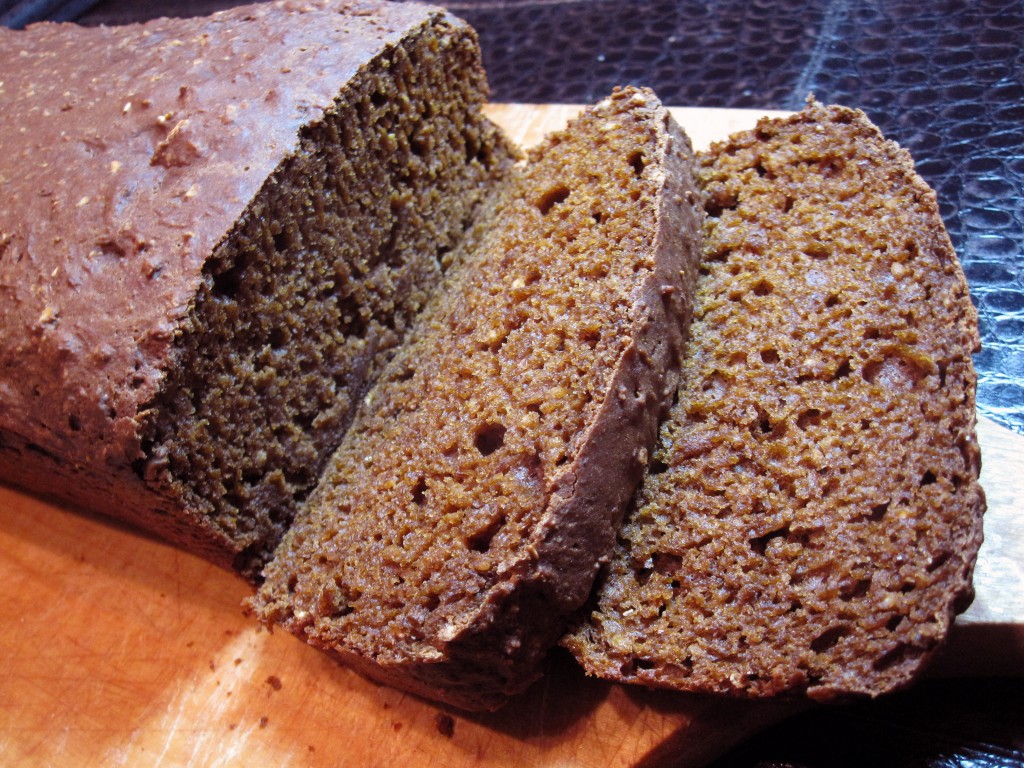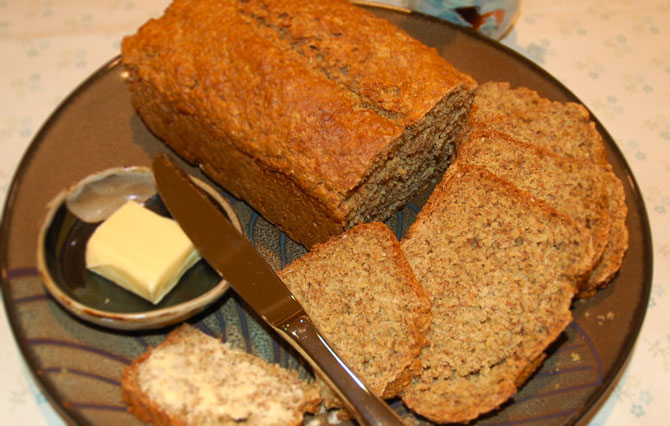Brown whole grain bread is a nutritious staple in any diet because of the health benefits it has. According to the American Council on Exercise, whole grain breads contain a variety of vitamins and minerals essential for proper body function and healthy weight maintenance. Brown breads should be labeled “whole grain” to ensure that they have the most nutritional value.
Brown breads that are labeled “whole grain” contain a large amount of nutrients. One of the most important features of brown bread is the fiber content. Brown bread also contains most B vitamins — including riboflavin, thiamine and niacin — which help the body acquire energy from food. Brown whole grain breads also contain folate, pantothenic acid and vitamins E and K.
Benefits :
Adding brown bread to your diet has many benefits. The fiber contained in brown bread keeps your bowel movements regular and stools soft, according to MayoClinic.com. Fiber also helps lower LDL, or bad cholesterol, helps you maintain a healthy weight and helps keep your blood sugar steady.
Whole-wheat bread, in particular, is good for you for a number of reasons. It’s high in complex carbohydrates, low in saturated fat, a source of protein, and a storehouse of nutrients and fiber–a microcosm of what your diet should be.
To understand what’s so special about whole wheat in particular, you need to understand the structure of wheat grain. There are three layers to the grain — endosperm, germ, and bran. When whole-wheat flour is milled (refined) to make white bread, the inner germ and outer bran layer are removed, leaving only the starchy endosperm. Unfortunately, more than half the fiber of wheat is in that bran, along with almost three-quarters of the vitamins and minerals in the germ. Besides nutrients, the milling process also removes nonnutrient components — phytoestrogens, phenolic acids, oryzanol, and lignans — that may have health benefits, like reducing your risk of cancer and heart disease. A study of more than 74,000 women over a 12-year period showed that women who ate more whole-grain foods weighed less than those who ate fewer whole grains.
What milling removes, manufacturers try to put back in. Lost B vitamins — thiamin, riboflavin, niacin, folic acid — and iron are added back to form enriched bread products. Many other nutrients, especially minerals and fiber, don’t get added back. So if you eat white bread, you’re definitely missing a nutrient-rich and fiber opportunity.
– Pratiksha Trivedi





0 Comments